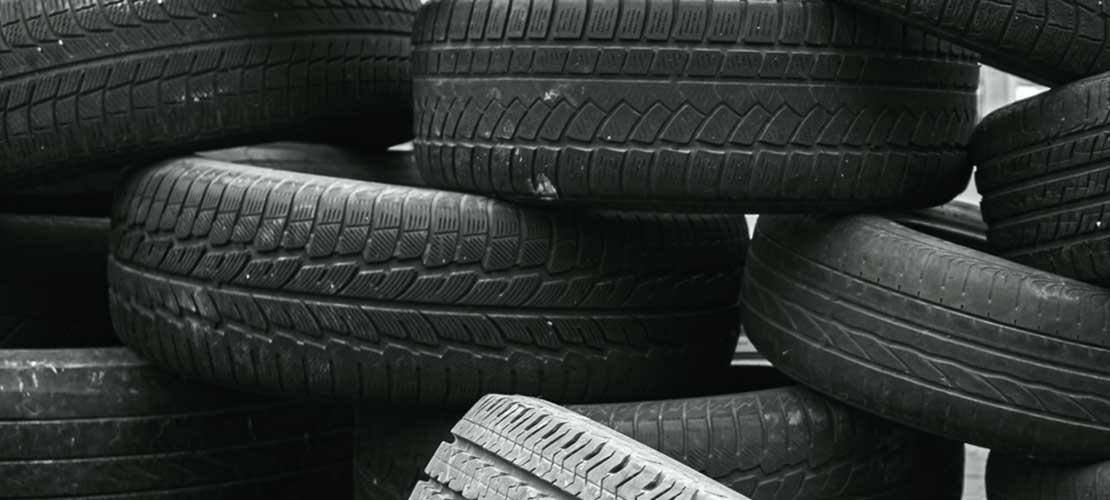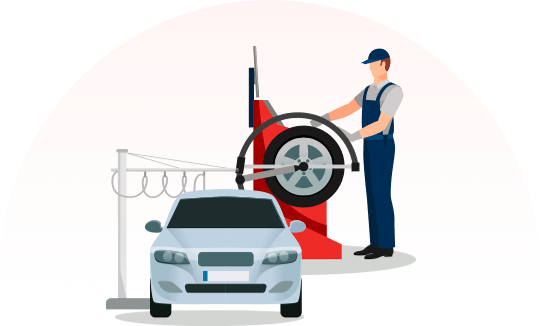- 8 Oct 2024
New or Used Tires: Which is Better for Your Car?

The New Tire Advantage
When considering new tires, there are several compelling perks that drivers can count on.
Premium Quality Assurance
- Reliability and Safety: New tires come straight from the manufacturer, promising the latest in design and technology. They ensure optimal performance metrics in terms of grip, handling, and braking.
- Warranty Benefits: Purchasing new tires often includes warranties that can cover defects and, occasionally, road hazards.
Technological Innovations
- Environmental Efficiency: Often infused with technology that reduces rolling resistance, new tires can improve fuel economy—a particular consideration for eco-conscious drivers.
- Enhanced Features: From quieter rides to improved durability, new tires bring benefits that might not be present in their used counterparts.
Buying new tires ensures peace of mind with their unmatched reliability and the latest safety features.
However, these advantages are not without their costs. New tires represent a significant investment, especially if you’re replacing all four at once.
The Case for Used Tires
On the other end of the spectrum are used tires, which, while lacking the new-car smell, have their own unique set of advantages.
Cost Efficiency
- Savings: Used tires can be substantially cheaper than new ones, allowing for immediate financial relief.
Sustainability Considerations
- Environmentally Friendly: Opting for used tires is a form of recycling, keeping tires out of landfills and reducing your environmental footprint.
Availability and Convenience
- Immediate Solutions: In urgent situations, a used tire can be a quick fix, especially if you’re strapped for cash or time.
However, it’s essential to approach used tires with caution. They may come with invisible or hidden defects and typically don’t include warranties.
Factors to Consider
When deciding between new and used tires, several personalized factors should guide your decision.
Driving Habits and Conditions
- Long-Distance Travel: For those who regularly drive long distances or at high speeds, new tires offer better safety assurances.
- City Driving: If most of your driving is limited to city commutes, quality used tires might suffice.
Financial Situation
- Budget Constraints: If budget is the primary concern, used tires provide short-term savings and flexibility.
- Long-Term Investment: Consider new tires an investment in your vehicle’s longevity, potentially avoiding frequent replacements.
Vehicle Type and Model
- Certain high-performance or luxury vehicles may require specific tire types only available new.

 Google Review
Google Review 




 Google Review
Google Review
 Digitally enhanced by
Digitally enhanced by